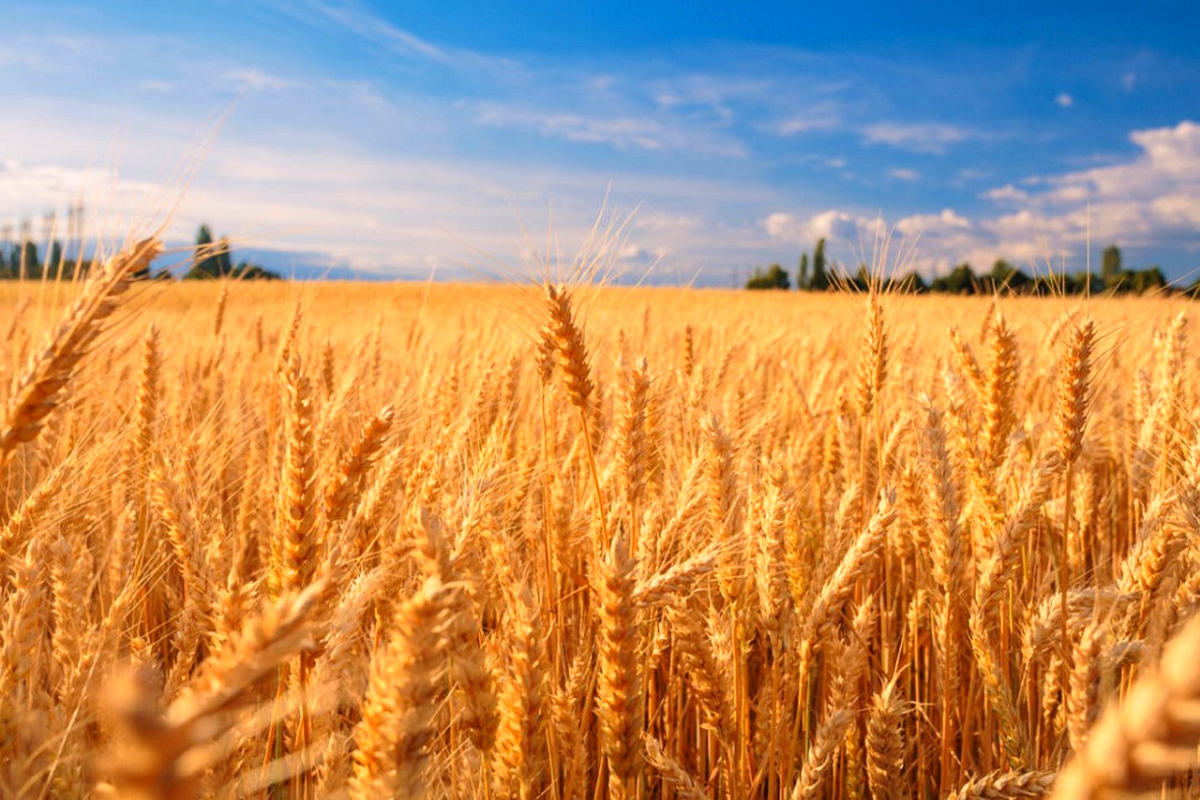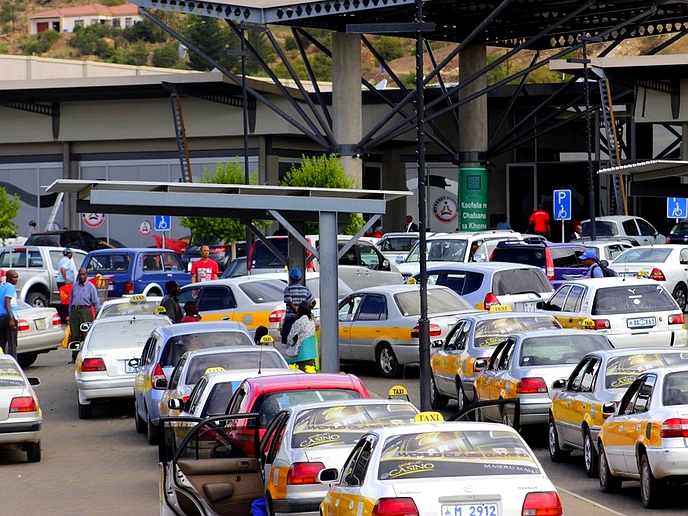WHEAT farmers in Matelile, Mafeteng are watching helplessly as their produce goes to waste due to the heavy rains that are wreaking havoc across the country.
business
Jan. 24, 2022
STAFF REPORTER
4 min read
Wheat farmers business soaked

A wheat field in Lesotho
Story highlights
The rains make it difficult for combine harvesters to travel to the fields to harvest the wheat.
"Our wheat is ready now," says John Nkonyana, a seasoned wheat farmer from Matelile. “But we are watching with dismay as our wheat is destroyed in the fields because what is happening is beyond our control.”
Mr Nkonyana said he had planted 90 acres of wheat in his area, on land belonging to 14 households with multiples of family members.
He had earlier approached the Ministry of Agriculture and Food Security (MAFS) in the district requesting the use of the combine harvester and he was told the machinery was in Quthing.
“A few weeks down the line, I was told the machine had broken down,” he said.
“We are still waiting for it to be fixed so that our wheat could be harvested.”
There is fear among local farmers that owing to the heavy rains, their produce might get contaminated like it happened with last year’s product when they failed to harvest because of the pouring rains.
Last year’s rains saw Mr Nkonyana’s 35 acres of wheat going to waste because he was unable to harvest it.
Despite the heavy rains that frustrate the harvesting, he said the roads had also been damaged by the same rain, adding that the Tsoaing Bridge that connected Matelile to Mafeteng had collapsed due to floods.
He said they would have to look for alternative routes if the combine harvester happened to be available for their use.
"We are really facing a tough time ahead of us," Mr Nkonyana said. “Our problems as wheat farmers are worse than the previous years. The alternative routes we could use to transport the combine harvester to Matelile are too small for the machine.”
He said they had no idea as to what to do to get out of those problems but not all was bad.
He said in the past, they sold their produce to the Lesotho Flour Mills, adding that they had since secured another good market from local bakeries that come in big numbers to buy their wheat.
"We have also secured market from individuals," he said.
A former civil servant, Mr Nkonyana said all along he had been watching the farmers from the terraces as they grappled with wheat production.
Enjoy our daily newsletter from today
Access exclusive newsletters, along with previews of new media releases.
Now retired, he has decided to join the battlefield with the local farmers in their quest to secure the local market.
With his retirement package, he pooled together his personal savings with which he helped to plant other people’s fields.
“I did this to fight hunger and break through poverty clutches,” he said.
For his part, MAFS spokesperson Lereko Masupha said they had mobilised combine harvesters in all the districts to assist the farmers.
“The problem with wheat harvesting now is that the machines get stuck in the mud in the fields. Wet fields make work difficult," he said.
So far, there are large acres of wheat which have not been harvested in most parts of the country such as Kolonyama in Leribe and Berea because of the heavy rains.
Lesotho is unable to produce enough wheat for its people, hence it imports most of the crop from South Africa to satisfy its demand in the market.
In 2020, wheat production for Lesotho was 8 thousand tonnes. Though Lesotho wheat production fluctuated substantially in recent years, it tended to decrease through 1971 - 2020 period ending at 8 thousand tonnes in 2020.
Tailored for you






